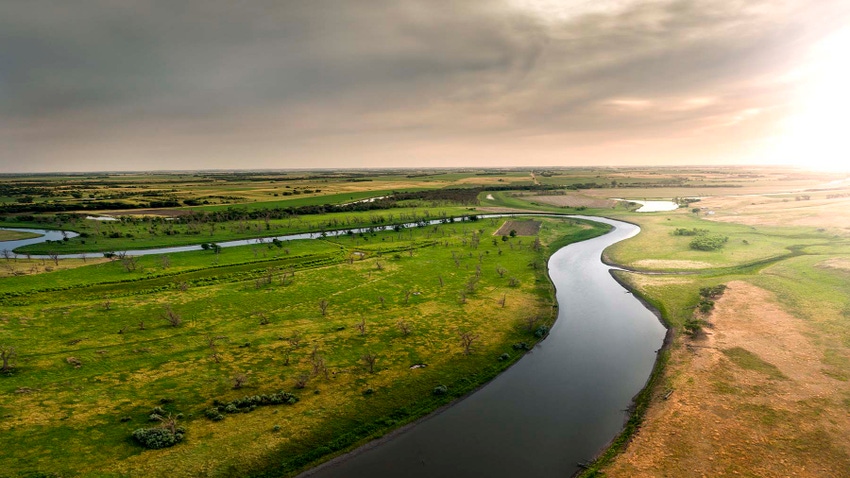
After the U.S. Supreme Court ruling in May 2023 defining what waters can be protected under the Clean Water Act, the Administrator of EPA said he “…was deeply disappointed that the Court is taking away the EPA’s ability that has been standing for 50 years.”
He is wrong! Environmental groups and the main media have gone wild in claiming U.S. wetlands are at risk of pollution and destruction.
The EPA and the Army Corps of Engineers claim they will have a new rule on what is WOTUS by September 1, 2023. President Biden said, “It puts our Nation’s wetlands and the rivers, streams, lakes, and ponds connected to them – at risk of pollution and destruction, jeopardizing the sources of clean water that millions of American families, farmers, and businesses rely on.”
Virtually all the environmental groups say the Sackett case the U.S. Supreme Court ruled on reduces the CWA protections. This is nonsense. The CWA prohibits the discharge of pollutants into navigable waters. EPA used the significant nexus test to determine that virtually everything was connected. We all know that water runs downhill. The U.S. Supreme Court significantly reduced the reach of the CWA, EPA and the Corps.
On June 26, 2023, the U.S. Department of Justice filed a motion for a stay in the District of North Dakota. In the stay, the federal defendants requested a stay saying they were going to develop a new rule to amend the 2023 WOTUS rule. The federal defendants said in the stay that a new final rule would be issued by September 1, 2023. I would bet the new rule will be challenged as well.
There are 5 DOJ lawyers listed on the stay motion and one each from EPA and the Corps. The battle for what is a Water of the United States may only just beginning – not ending – as many of us had hoped. The U.S. Supreme Court ruled the CWA only extends to wetlands that have a “continuous” surface connection with Waters of the United States.
For all of you who may have a wetland, the immediate practical effect of the U.S. Supreme Court’s decision on Sackett has been to prompt the Corps and EPA to pause its process. In the near term, you and your lawyer will need to check to see if there is informal guidance from EPA or the Corps regarding the Sackett decision. In the longer term, there will be continuing legal fights over how far EPA and the Corps jurisdiction may reach.
I suggest all of you might want to read Justice Scalia’s plurality opinion in Rapanos v. U.S. in 2006. The Rapanos case is where Justice Scalia said “…only those relatively permanently standing or continuously flowing bodies of water forming geographical; features that are described in ordinary parlance as streams, oceans, rivers, and lakes, often referred to as traditional navigable waters.” Of course, in that same opinion, Justice Kennedy developed his famous significant nexus test language and because no one knew what that meant, EPA and the Corps jumped on this language.
Any new EPA rule-making starting in September this year will likely be challenged. Both agencies will try to expand their jurisdiction because both agencies have been captured by environmental groups. EPA will do its best to continue to use the significant nexus test, and I suspect both agencies will try to expand their jurisdiction notwithstanding what is in the Sackett U.S. Supreme Court opinion. Even though we all cheer the Sackett decision, the battle still goes on I suspect.
The opinions of the author are not necessarily those of Farm Futures or Farm Progress.
Read more about:
WOTUSAbout the Author(s)
You May Also Like




